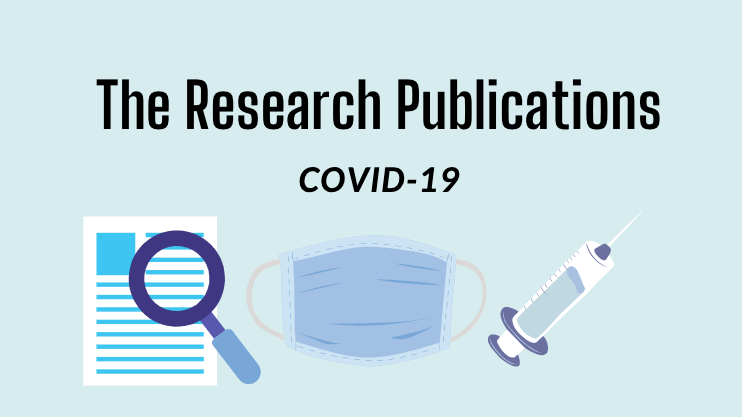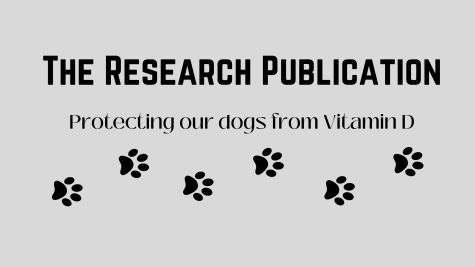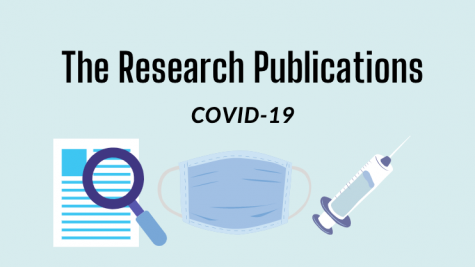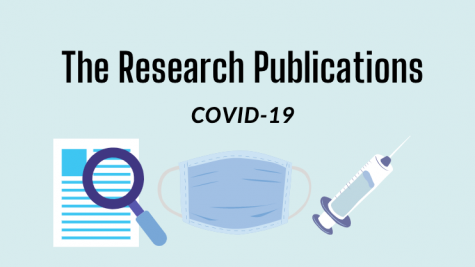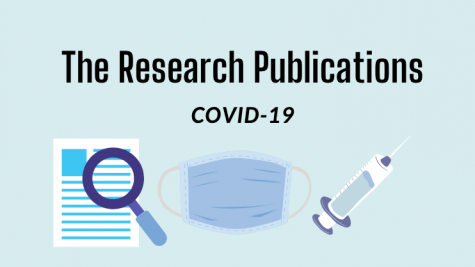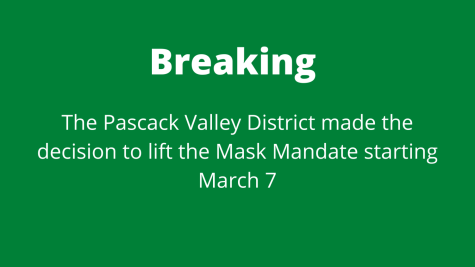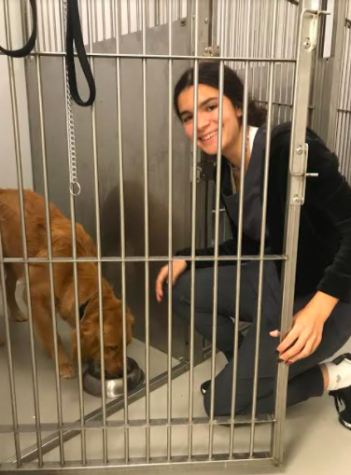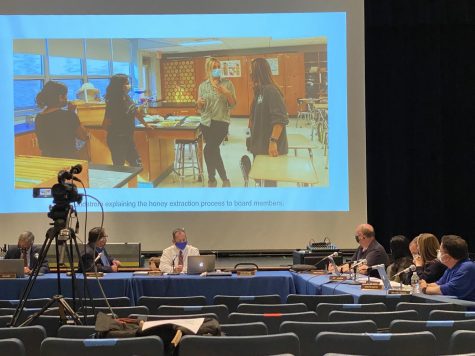The CDC’s Post-Vaccination Guidelines
The PV Student Publication has partnered with The Research Club to publish a series of research essays entitled “The Research Publications.” The fifth essay discusses how to proceed after getting the COVID-19 vaccine and updates regarding CDC guidelines for individuals that are fully vaccinated.
(Editor’s Note: The PV Student Publication has partnered with The Research Club to publish a series of research essays related to topics of COVID-19. All research essays are written and fact-checked by members of the Research Club, and The PV Student Publication is rolling out these essays as a service to our community. The fifth essay discusses how to proceed after getting the COVID-19 vaccine and updates regarding CDC guidelines for individuals that are fully vaccinated. This paper is written by senior Aishwarya Pathri, fact-checked by sophomore Nupur Karnik, and edited by senior Elise Schicker.)
As of March 29, 2021, 15% of the US adult population 一 over 51 million people 一 has been fully vaccinated[1]. Earlier in the pandemic, the question was when a vaccine for COVID-19 would become available; now it’s how to proceed after getting the vaccine. On April 2, 2021, the CDC updated its guidelines for fully vaccinated individuals[2][4].
Who is considered fully vaccinated?
The answer isn’t as obvious as it may seem. Just getting one dose of the vaccine or even two doses doesn’t qualify an individual as “fully vaccinated” as per the CDC guidelines. People are only categorized as fully vaccinated either (1) two weeks after their second shot of a 2-dose vaccine, such as the Pfizer or Moderna vaccines; or (2) two weeks after a single-dose vaccine, like the Johnson & Johnson vaccine. This means that until two weeks have passed from your last dose of the vaccine (or single dose for the single-dose vaccines), an individual is not considered to be fully vaccinated and should take the same precautions as someone who is unvaccinated[2].
What can people do once they’re fully vaccinated?
With over 2.2 million vaccines being administered in the United States each day, more and more of the population is entering the fully vaccinated group[3]. As outlined by the CDC, even after people have full protection from the vaccine, they should still wear a mask and social distance in public spaces. They also recommend avoiding crowds and spaces that lack ventilation. These same precautions should be taken in any gathering including unvaccinated people, especially those high at risk for severe illness or death from COVID-19 or those living with high-risk individuals. Medium and large gatherings are still not recommended, and precautions should still be taken when planning to travel. Be sure to check the current travel guidelines before taking any trips. Rules at the workplace should also be followed. If a vaccinated person is exposed to someone with the virus, they should look out for symptoms and isolate themselves if any are present[2].
However, people who are vaccinated can have indoor gatherings with other people who are fully vaccinated without masks. They can also have indoor, mask-free gatherings with unvaccinated people from one other household, the exception being if one of them is high-risk for severe illness from the virus or lives with a high-risk person. Fully vaccinated individuals are not required to get tested or quarantine unless symptoms are present, but it is strongly recommended to quarantine and get tested if living in a group setting where someone has COVID-19 even if not experiencing symptoms[2].
Although there is a little more flexibility once someone is fully vaccinated, precautions should still be taken in most situations. This is because although the vaccines are known to be effective in preventing severe cases of the virus, it is still unknown whether the vaccine is equally effective against all variants and how long the protection lasts. There are still studies being done on how well the vaccine hinders people from spreading the virus from others[2]. For this reason, it’s important to stay safe as new information is established about the aftermath of vaccination.


